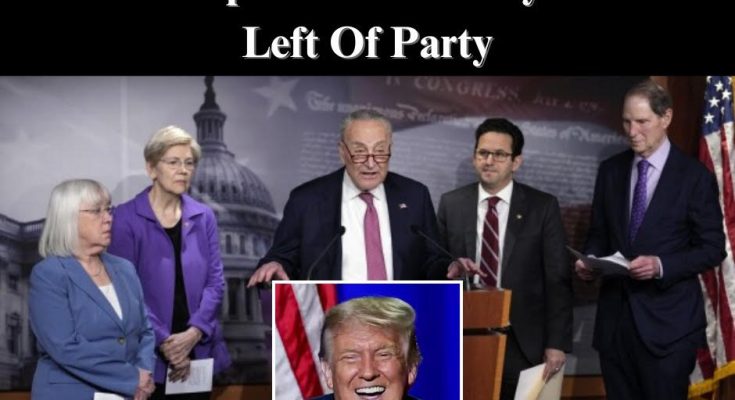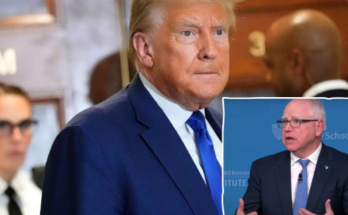Democrats may encounter a significant challenge in New Hampshire, as preliminary polling suggests that Republicans are poised to capture a Senate seat in this historically blue state. A recent poll indicates that former Republican Governor Chris Sununu holds a substantial lead over Democratic Congressman Chris Pappas (D-NH), with a projected 53% to 44% advantage in a potential 2026 Senate contest. Although neither candidate has formally declared their intention to run, both are anticipated to enter the race. The current figures indicate an early edge for the GOP in a state that has generally favored Democrats, serving as a serious alert for the party as they approach a pivotal election year.
According to Quantus Insights, Sununu’s initial lead is bolstered by overwhelming support from Republicans (94%), a significant advantage among independent voters (52% to 44%), and a considerable lead among male voters (59% to 39%). More troubling for Democrats is Sununu’s performance with female voters, where he garners 48% of the vote. Another crucial aspect of Sununu’s appeal is his strong support among non-college-educated voters, where he leads by 58%. This demographic has increasingly impacted New Hampshire elections, particularly in working-class regions that have shifted toward Republican candidates in recent years.
The data reflects a rising trend of Republican support in New Hampshire. While former President Joe Biden won the state by over seven points in 2020, President Donald Trump reduced that margin to just 2.8 points against Democratic candidate Kamala Harris in 2024. If this trend continues, it could create significant obstacles for Democrats aiming to reclaim a Senate majority. Despite Sununu’s early lead, Democrats are still in the race. Pappas is a prominent figure in New Hampshire politics, having won multiple terms in the state’s First Congressional District, a competitive seat that often changes party control.
He is confronted with considerable obstacles. The national sentiment in 2026 remains unpredictable, and President Trump has an approval rating of 43.8% in New Hampshire, accompanied by a disapproval rate of 48.5%. Although Trump receives robust support from Republicans, with an approval rating of 83%, his appeal among independents is significantly lower, standing at 37% approval and 54% disapproval—an essential voting demographic. Should national Democratic leaders struggle in 2026, Pappas may find it challenging to separate himself from the party’s wider issues. Additionally, if Sununu maintains his strong popularity and ability to attract crossover voters, Democrats will be compelled to adopt a defensive stance in a state historically viewed as a Democratic bastion.

